In the dynamic world of real estate, agents often find themselves wearing many hats. Beyond finding and selling properties, they’re also expected to be knowledgeable about various financial and legal mechanisms that can benefit their clients. One such tool, especially relevant for those dealing with investment properties, is the 1031 exchange. Here’s what every real estate agent should know to guide their clients effectively through this option.
What is a 1031 Exchange?
A 1031 exchange, named after Section 1031 of the U.S. Internal Revenue Code, allows investors to defer capital gains taxes when they sell a property and reinvest the proceeds in a “like-kind” property. Essentially, it’s a method for investors to roll over the gains from one property into another, deferring taxes and maximizing their investment potential.
Key Points for Real Estate Agents:
- Like-Kind Property: The term “like-kind” can be misleading. It doesn’t mean the properties have to be identical. Instead, it refers to the nature or character of the property. For instance, an apartment building can potentially be exchanged for raw land.
- Timing is Crucial: There are two critical time frames agents should be aware of:
- Identification Period: Once the original property is sold, the investor has 45 days to identify potential replacement properties.
- Exchange Period: The investor has 180 days from the sale of the original property to close on the new property.
- Use of a Qualified Intermediary: The investor cannot touch the money in the time between the sale of the original property and the purchase of the new one. A qualified intermediary (QI) or exchange facilitator holds the funds during this period.
- Equal or Greater Value: To fully defer all taxes, the new property should be of equal or greater value than the old one. If the new property is of lesser value, the investor might be liable for some taxes.
- Primary Residences are Excluded: The 1031 exchange is designed for investment and business properties, not primary residences. However, there are ways a primary residence might qualify under specific conditions.
- Multiple Property Exchanges: An investor isn’t limited to a one-for-one exchange. They can sell one property and acquire several smaller ones, or vice versa, as long as the critical time frames and other rules are observed.
The Role of the Real Estate Agent
While real estate agents aren’t expected to be tax experts, having a foundational understanding of 1031 exchanges can be invaluable. Agents can:
- Educate Clients: Offer a basic overview of the 1031 exchange process and its benefits.
- Coordinate with Professionals: Connect clients with experienced QIs, tax advisors, and legal professionals who specialize in 1031 exchanges.
- Assist in Property Identification: Help clients find suitable “like-kind” properties within the stipulated time frames.
Conclusion
The 1031 exchange is a powerful tool for real estate investors, offering significant tax advantages. As a real estate agent, understanding this mechanism and guiding your clients through it can set you apart, adding value to your services and fostering long-term client relationships. If you or your clients have questions or need further insights into 1031 exchanges, contact us at (888) 508-1901 to ensure a smooth and beneficial transaction.

